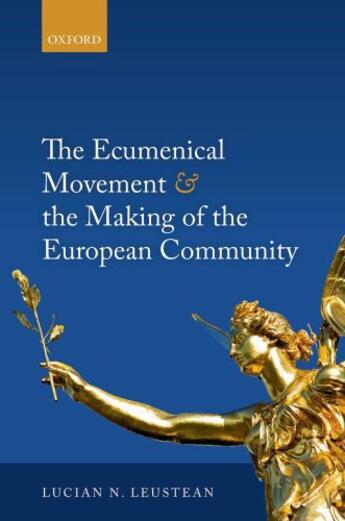-
Nombre de pages : (-)
-
Collection :
(-)
-
Genre :
(-)
-
Thème :
Non attribué
-
Prix littéraire(s) :
(-)
Résumé:
The European Community has largely been considered a predominantly secular project, bringing together the economic and political realms, while failing to mobilise the public voice and imagination of churchmen and the faithful. Drawing on a wide range of archival sources, this is the first study... Voir plus
The European Community has largely been considered a predominantly secular project, bringing together the economic and political realms, while failing to mobilise the public voice and imagination of churchmen and the faithful. Drawing on a wide range of archival sources, this is the first study to assess the political history of religious dialogue in the European Community. It challenges the widespread perception that churches started to engage with European institutions only after the 1979 elections to the European Parliament, by detailing close relations between churchmen and high-ranking officials in European institutions, immediately after the 1950 Schuman Declaration.
Lucian N. Leustean demonstrates that Cold War divisions between East and West, and the very nature of the ecumenical movement, had a direct impact on the ways in which churches approached the European Community. He brings to light events and issues which have not previously been examined, such as the response of churches to the Schuman Plan, and the political mobilisation of church representations in Brussels, Strasbourg and Luxembourg. Leustean argues that the concept of a 'united Europe' has been impeded by competing national differences between religious and political institutions, having a long-standing legacy on the making of a fragmented European Community.
Donner votre avis














